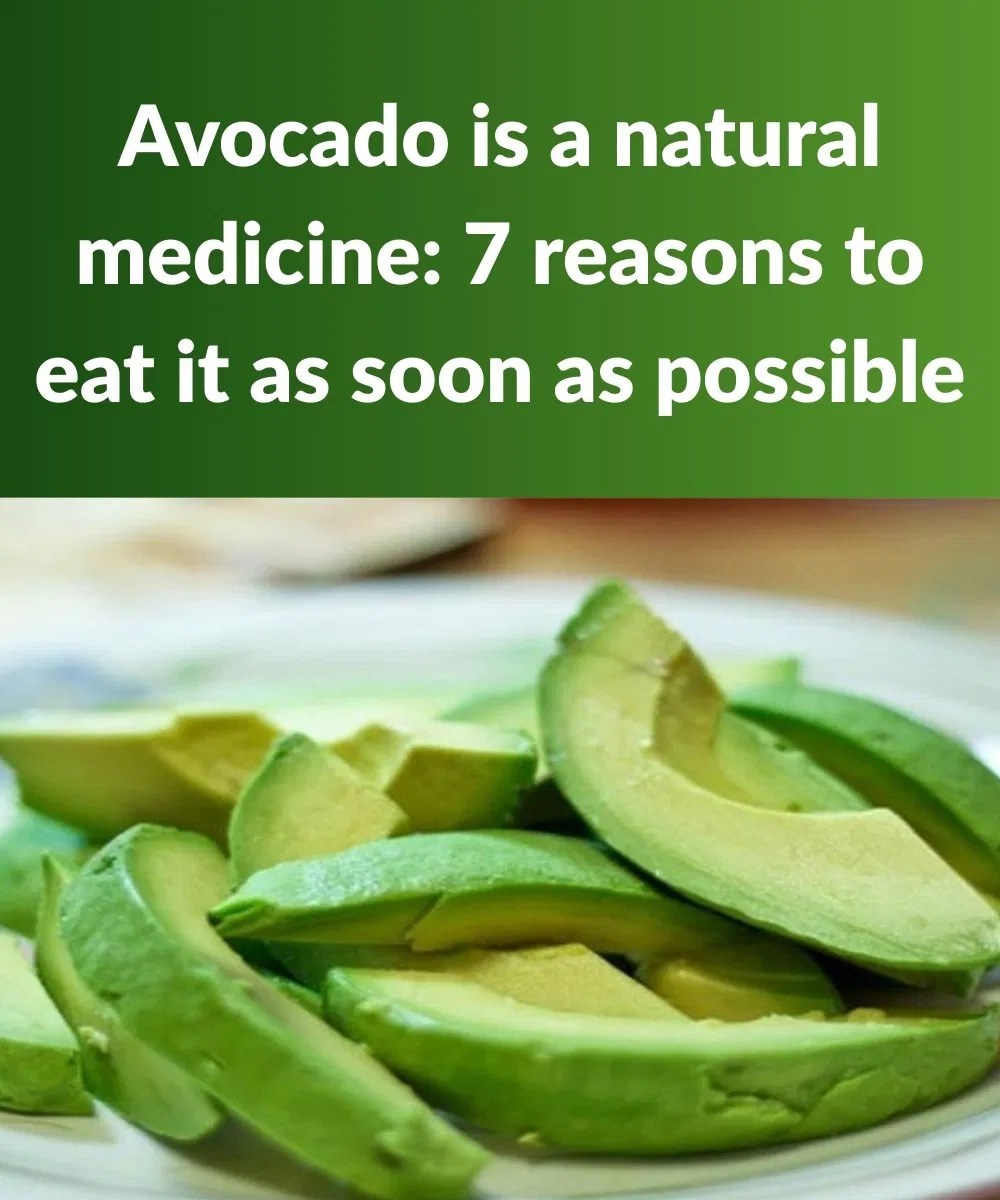Avocados may be known for their popularity in trendy dishes like avocado toast and guacamole, but there’s a lot more to this creamy green fruit than just its Instagram appeal. Packed with essential nutrients and offering a variety of health benefits, avocados deserve a regular spot in your diet not just because they taste good, but because they’re incredibly good for you.

With more than 20 vitamins and minerals, including potassium, vitamin K, vitamin C, and folate, avocados are among the most nutrient-dense foods available. In fact, avocados contain more potassium than bananas, a fact that surprises many people. Potassium plays a critical role in regulating blood pressure by helping to balance out the negative effects of sodium, and diets rich in potassium are linked to lower risks of stroke, heart disease, and kidney problems. Including avocados in your meals is a simple way to boost your potassium intake and support your heart health at the same time. One of the most talked-about benefits of avocados is their high content of healthy fats, particularly monounsaturated fats. These fats are known to help lower levels of bad LDL cholesterol while raising good HDL cholesterol, contributing to a healthier cardiovascular system overall.
The type of fat found in avocados can also help your body absorb other fat-soluble vitamins, such as vitamins A, D, E, and K. By incorporating avocados into your meals, you’re not just getting healthy fats—you’re helping your body make the most of all the nutrients it consumes. In addition to being heart-friendly, avocados help stabilize blood sugar levels, making them a great food choice for people managing diabetes or trying to avoid sugar crashes. Thanks to their low carbohydrate content and high fiber levels, avocados slow down digestion and prevent sharp spikes in blood sugar. This also means they help keep you feeling full longer, which can be helpful for anyone trying to lose weight or avoid unnecessary snacking between meals.
Avocados are also great for bone health, thanks in part to their vitamin K content. While calcium and vitamin D usually get the spotlight when it comes to strong bones, vitamin K is equally important because it helps the body absorb calcium more effectively. A diet that includes vitamin K-rich foods like avocados has been associated with better bone density and a lower risk of fractures, especially in older adults. Your eyes can benefit from avocados as well, since they contain the antioxidants lutein and zeaxanthin.
These compounds are especially important for eye health because they help protect your eyes from harmful light waves and reduce the risk of age-related eye diseases like macular degeneration and cataracts. Since these antioxidants are fat-soluble, the healthy fats in avocados actually enhance their absorption, making avocados an ideal carrier for these important nutrients. Another reason to love avocados is their role in maintaining a healthy weight. The combination of fiber and fat promotes satiety, meaning you feel full and satisfied for a longer period of time after eating. This can reduce the urge to snack excessively or overeat during meals. People who include avocados in their regular diet often report better appetite control and find it easier to maintain a healthy weight. Finally, avocados are incredibly versatile, making them easy to incorporate into a variety of meals. Whether you’re blending them into smoothies, spreading them on toast, slicing them into salads, or mashing them into guacamole, avocados add flavor, creaminess, and nutritional value to your food. They work equally well in savory dishes and even desserts, thanks to their mild flavor and smooth texture. With so many benefits—supporting your heart, balancing blood sugar, strengthening your bones, protecting your eyes, and keeping you full—it’s easy to see why avocados are more than just a food trend. They’re a smart, tasty, and nourishing addition to any meal plan and a simple way to invest in your overall health.





